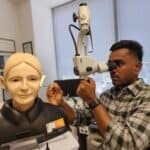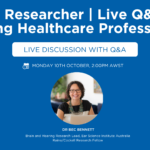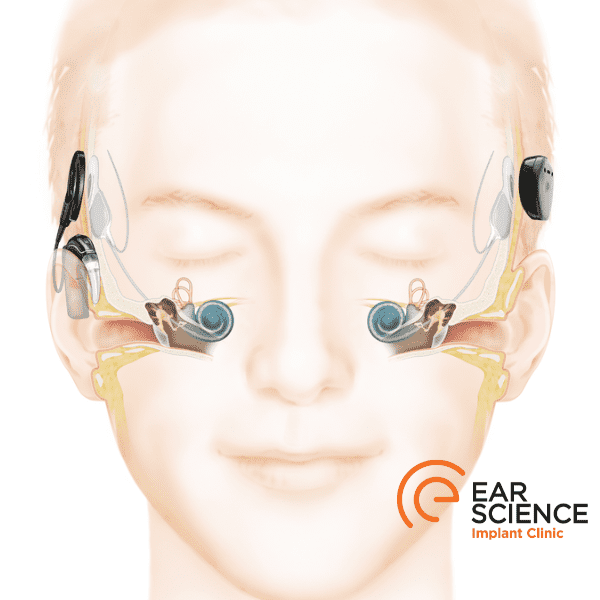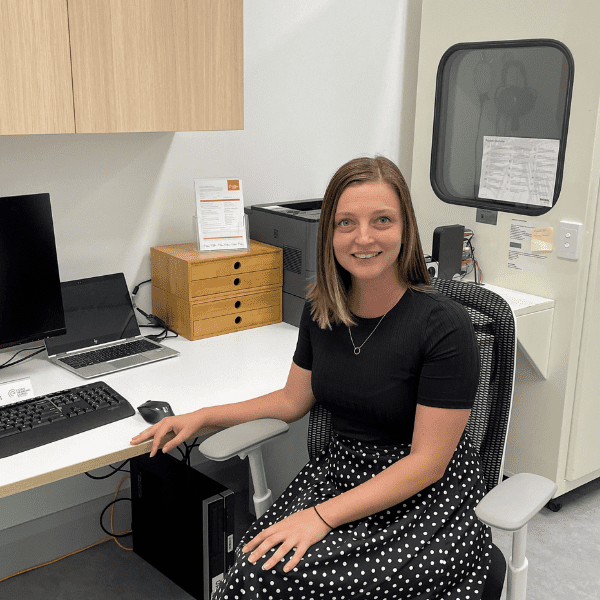
GPs are critical in older Australians' hearing health and associated well-being.
Age-related hearing loss is a common health concern and affects as much as one-third of the world’s population (World Health Organization, 2021). It is one of the most common long-term conditions associated with ageing.
One in six Australians experience hearing loss in their lives. This number increases to one in two over the age of 65 (HICA, 2020), and by the age of 85, more than half of Australians have some hearing loss.
Hearing loss affects not only your ability to hear but also to interact with the world around you. It can significantly impact your quality of life, affecting your social, emotional and physical well-being (Bennett, 2021). As a result, hearing should be high on the agenda of all GPs, medical specialists and allied health professionals (Bennett, 2020).
Hearing screening in primary health care checks
A pragmatic clinical trial of hearing screening in primary care clinics concerning cost-effectiveness was recently conducted by Dubno et al. (2022). It measured the benefits of hearing screening during primary health visits by estimating improvements in quality of life through the quality-adjusted life year (QALY) metric, which is the academic standard for measuring how effective medical treatments are in lengthening and improving patients’ lives. It tested three hearing screening protocols that varied in the support given by the GP clinic. The results revealed that the patients experienced the most significant benefit when they completed a Hearing Screening during their general health visit, despite a slightly higher cost.
When it comes to incorporating ear and hearing care into primary care, many low-cost hearing screening methods exist and can be implemented to improve patient outcomes (Dubno et al., 2022). Simple screening methods can be incorporated, such as asking your patients whether their hearing has been checked in the past year. If their hearing still needs to be reviewed, they should be referred to a qualified audiologist to assess their hearing.
By incorporating a hearing screening in general health appointments, GPs will be better able to refer to qualified audiologists who perform the comprehensive hearing assessment needed to determine appropriate intervention for hearing loss. Hearing aids and cochlear implants are two intervention methods that can effectively manage hearing loss and help people return to normal daily functioning.
Lions Hearing Clinic provides free hearing screenings, making it convenient and cost-effective for your patients to have their hearing screened. Alternatively, we have a free online hearing screener that you can use as a tool during your appointments.
We know that hearing loss is associated with other aspects of physical and mental health, including cardiovascular disease, diabetes, social and emotional loneliness, depression and cognitive decline. Therefore, the importance of increased surveillance and identification of hearing loss at the primary care stage are far-reaching.
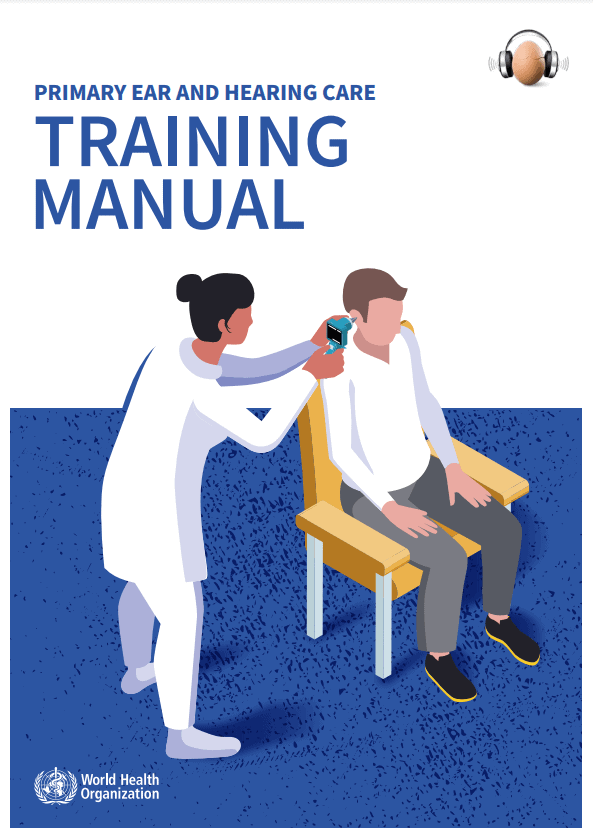
Primary Ear and Hearing Care Training Manual
This World Hearing Day, the World Health Organization is highlighting the importance of incorporating hearing healthcare into primary care.
They are launching a Primary Ear and Hearing Care Training Manual designed to be a practical guide on preventing, identifying, and managing hearing loss and common ear diseases that lead to hearing loss (WHO, 2023b). It is intended mainly for health workers and doctors who work at the primary care level and provide services to people either at health facilities or in communities.
This World Hearing Day help make hearing care for all a reality and incorporate simple hearing screening methods during your GP appointments.
“Hearing care for all. Let’s make it a reality!”.
#worldhearingday #hearingcare
References:
World Health Organization (a), World Hearing Day 2023 (3 March), https://www.who.int/campaigns/world-hearing-day/2023
Hearing Care Industry Association (HCIA), Hearing for Life – The value of hearing services for vulnerable Australians, Report prepared with assistance from Deloitte Access Economics, Canberra; 2020.
Dubno JR, Majumder P, Bettger JP et al. A pragmatic clinical trial of hearing screening in primary care clinics: cost-effectiveness of hearing screening. Cost Effectiveness and Resource Allocation. 20:26; 2022. https://resource-allocation.biomedcentral.com/articles/10.1186/s12962-022-00360-5#Sec13
Bennett RJ, Kelsall-Foreman I, Donaldson S, Meyer C, Panchana N, Saulsman L, Eikelboom RH, Bucks RS. Addressing emotional and psychological problems associated with hearing loss: perspective of consumer and community representatives. American Journal of Audiology. 30(4): 1130-1138; 2021. https://doi.org/10.1044/2021_AJA-21-00093
Bennett RJ, Fletcher S, Conway N, Barr C. The role of the General Practitioner in managing age related hearing loss: Perspectives of General Practitioners, patients and practice staff. BMC Family Practice. 21:87; 2020.
World Health Organization (b), Primary ear and hearing care training manual.



